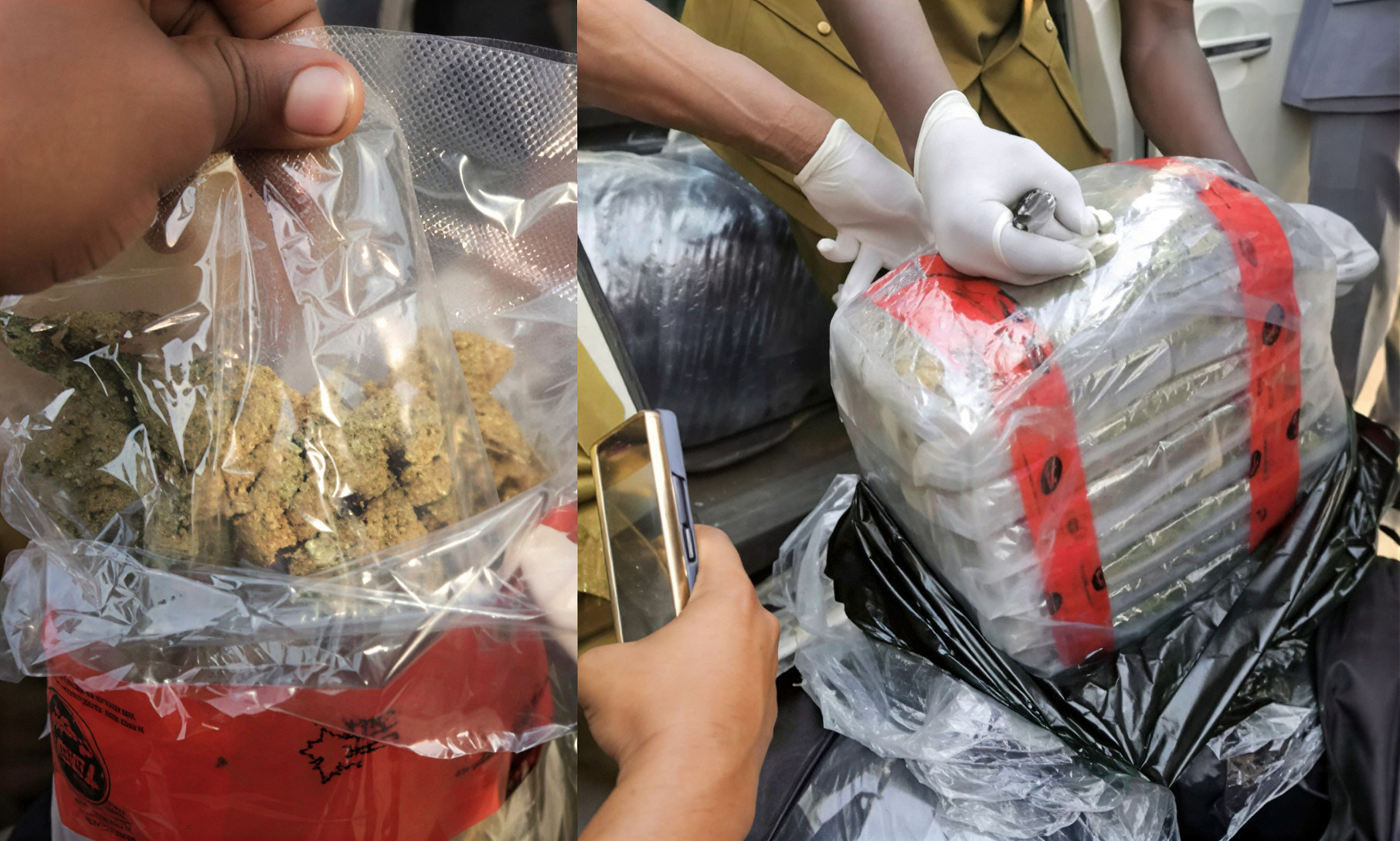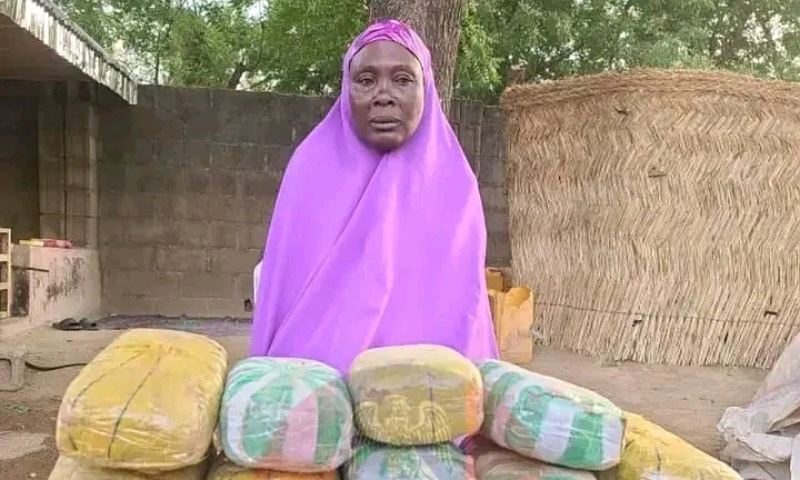Gordon Ramsay’s Scare: Skin Cancer Removal—and a Powerful Sunscreen Message
It’s not a cooking technique—but a reality check. Celebrity chef Gordon Ramsay, aged 58, has revealed he recently underwent treatment to remove basal cell carcinoma, a common form of non-melanoma skin cancer. In an Instagram post, he shared photos of his stitched jawline and expressed deep gratitude to the medical team at The Skin Associates for their swift care.
What Happened? Why Ramsay Spoke Out?
Ramsay posted two candid images: one showing the bandage beneath his ear and another revealing the stitches once it was removed. With his signature wit, he reassured fans, “It’s not a facelift — I’d need a refund,” while using the moment to underscore the importance of sun protection.
Understanding Basal Cell Carcinoma (BCC)
- What is it?
BCC starts in the skin’s top layer and is the most common form of skin cancer. Though usually slow-growing and less aggressive than melanoma, it often develops on sun-exposed areas like the face, neck, and ears. - Key risk factors include:
- Prolonged UV exposure from sun or tanning beds
- Fair or pale skin
- Older age or previous skin cancer history
Why Ramsay’s Message Matters
- Celebrity Influence Buys Attention
When a public figure like Ramsay shares a personal health moment, it opens hearts—and raises awareness. Messages like “Please don’t forget your sunscreen this weekend” resonate deeper and may prompt real behavior change.
- Praise from Health Experts
Cancer Research UK echoed his message, urging action: “Seek shade, cover up, and apply sunscreen regularly and generously.”
- A Reminder in an Outdoor Lifestyle
As someone who enjoys cycling and outdoor endurance events, Ramsay’s diagnosis is a sharp reflection on cumulative UV exposure risks—even for active individuals.
Final Thoughts
Gordon Ramsay’s recent announcement hits harder than any recipe—because it’s not served on a plate. By sharing his basal cell carcinoma removal and urging sun safety, he turns a personal scare into a collective wake-up call. The takeaway is simple but potent: UV exposure is real, risk is universal, and prevention starts with sunscreen.



